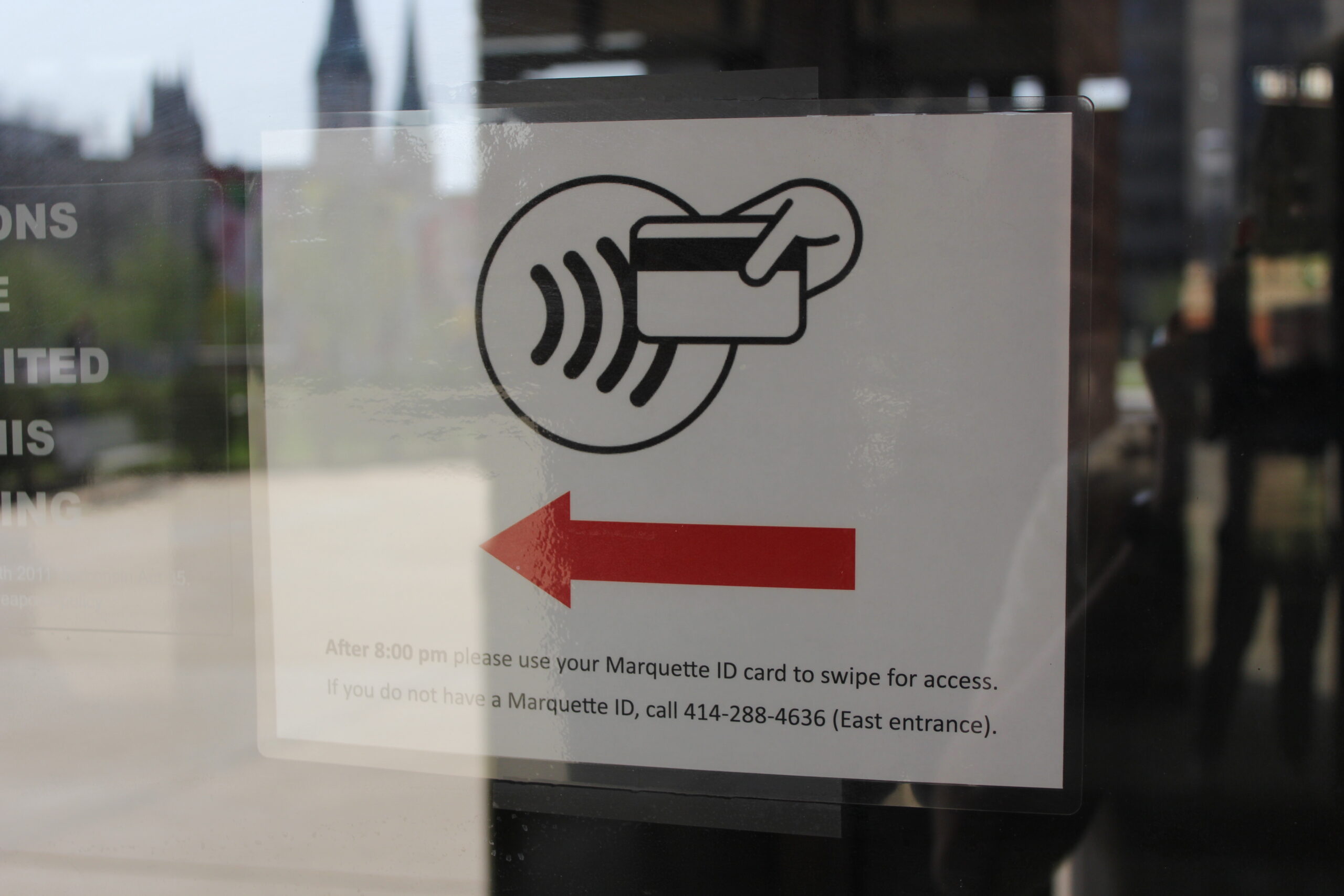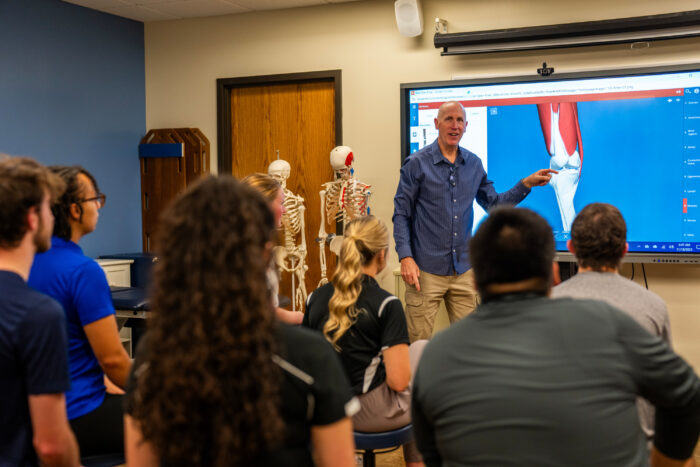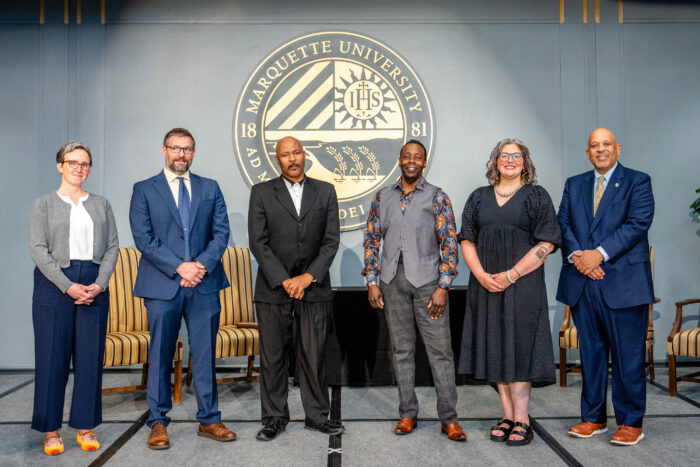Last week, the five workgroups of the President’s Task Force on Community Safety delivered recommendations for long-term solutions involving building security and environmental design; individual safety awareness, training and programs; community partnerships; communications strategies and tools; and staffing, technology and equipment resources. Recommendations that included a request for resources provided detailed proposals.
Proposals include the following:
- Detailed overview of the proposed solution
- Justification with references to completed SWOT or benchmarking analyses, as appropriate
- Risks if the proposal isn’t implemented
- Estimates for operating, capital and staffing funds to adopt and sustain the solution
The Steering Committee is reviewing the recommendations and proposals and will meet with the university’s Executive Leadership Team this week to discuss. On Tuesday, May 31, the Safety Task Force will have its final meeting to share which recommendations were approved and discuss a transition to an operational implementation team. Decisions will be announced shortly after that meeting.
Feedback from Safety Task Force idea submissions
The task force received 151 ideas or concerns submitted through the website, and all were shared directly with workgroup chairs and the steering committee. Although there were a few common themes across audiences, these are the prominent categories most important by audience:
Student feedback
- LIMO services – wait times and high demand
- Concerns about increased police staffing
- AMU hours and accessibility for community members
- Collaboration with the neighborhood and city
- Desire to know how Marquette supports the varied needs of the community
Faculty and staff feedback
- Mixed interests in the amount of police presence
- Environmental security – cameras, lighting, signage and parking structure/lot safety
- Concerns about implicit bias with safety alerts
- Commuters feeling unsafe waiting for their rides or at bus stops
Parent/family feedback
- Support for more police presence
- LIMO services – wait times and high demand
- Residence hall safety
- Worried about the neighborhood – desire to deter non-students from coming to campus
- Environmental security – cameras, lighting and more signs
In aggregate, the variance in feedback highlights the continued importance of addressing safety issues holistically — evaluating infrastructure, personnel, resources and partnership.
Operational feedback on the AMU evening swipe-in access
As part of the Safety Task Force process, various workgroups have been involved in pilots or supplemental research to inform proposals. The first major change announced on February 25 was the evening swipe-in access protocol to the AMU.
Since that change, the AMU facilities team reports the following:
- AMU front desk staff have reported minimal issues with the new entry process.
- In two-and-a-half months, approximately six individuals needed to call the front desk for entry.
- Event services monitors the event schedule, and the facilities team will adjust the door locking times depending on the event and how late it runs. So far, this has been necessary only a few times, but the locking schedule is managed online, so it’s easy to set and remove per the event schedule.
Residence hall access pilot insights
On March 23, the pilot to test a new secure entry process began at Humphrey Hall where anyone with an MUID would tap their ID to gain access. Once inside, the existing check-in process remains the same as it was before, with students needing to tap their MUID at the front desk to enter the residence. As part of the pilot, the Office of Residence Life spoke with representatives from peer institutions to learn more about their secured systems, identify potential issues and establish best practices. In addition, Residence Life surveyed hall staff and residents for feedback in April.
Key insights from the survey include:
- 51% of residents report feeling their safety increased
- 72% of desk receptionists report feeling their safety increased
- 80% of desk receptionists report believing the residents’ safety increased
Issues that surfaced during the pilot, such as trouble scanning MUIDs and issues with the door, were addressed as they were reported.
The pilot and feedback support the university’s decision to implement secured access to all residence halls for the fall 2022 semester.
More information
Following the final meeting of the Safety Task Force, information will be shared on the approved recommendations and next steps.
In case you missed it, please be sure to review two of the most popular safety stories in the last month:



